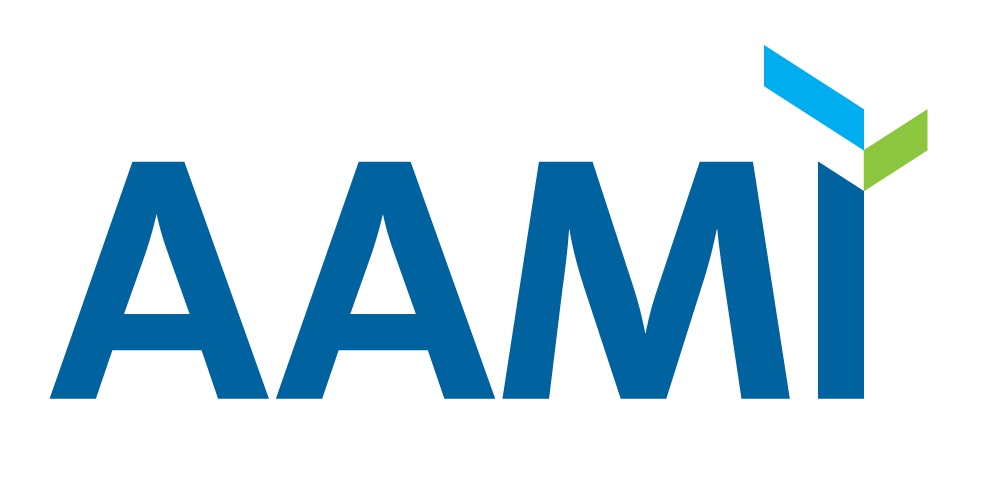Design of Experiments: A Faster, Better, Cheaper Methodology

Upcoming Courses
Overview
A broad variety of industries have applied Design of Experiments (DOE) to improve their production processes and, at the same time, have greatly reduced their process development costs. For medical device and pharmaceutical firms, this is invaluable with Design Control and Process Validation efforts. It even has value for Validation of Analytical Processes. This webinar will assist FDA-regulated manufacturers who have to conform to Process Validation requirements and the related guidance provided by the Global Harmonization Task Force (GHTF).
You will have an opportunity to hear directly from an industry expert on this valuable methodology. It also provides a forum where you can ask questions and get answers. The presenter has over 25 years of experience helping a broad variety of firms apply statistics tools and techniques, including DOE. The presenter’s keep-it-simple approach fosters understanding and application by anyone with a basic understanding of algebra.
Objectives
Over the course of two hours, the program will:
- Explore the application of Design of Experiments (DOE) for Design Control and Process Validation
- Provide a mapping of DOE techniques to Design Control and Process Validation activities
- Provide examples of industry best practices using DOE
- Demonstrate how DOE supports regulatory compliance
Who Should Attend?
This material will appeal to quality professionals and managers in large and small companies. Instruction is targeted for professionals involved in meeting FDA-regulatory requirements such as: members of new product development teams, members of research and development teams, design engineers, process and manufacturing engineers, quality engineers, regulatory affairs specialists, and members of the leadership team. It will also be of interest to FDA staff concerned with the application of valid statistical techniques in this area. No knowledge of statistics is required to understand and apply the material presented.
Virtual Training Information
Faculty

